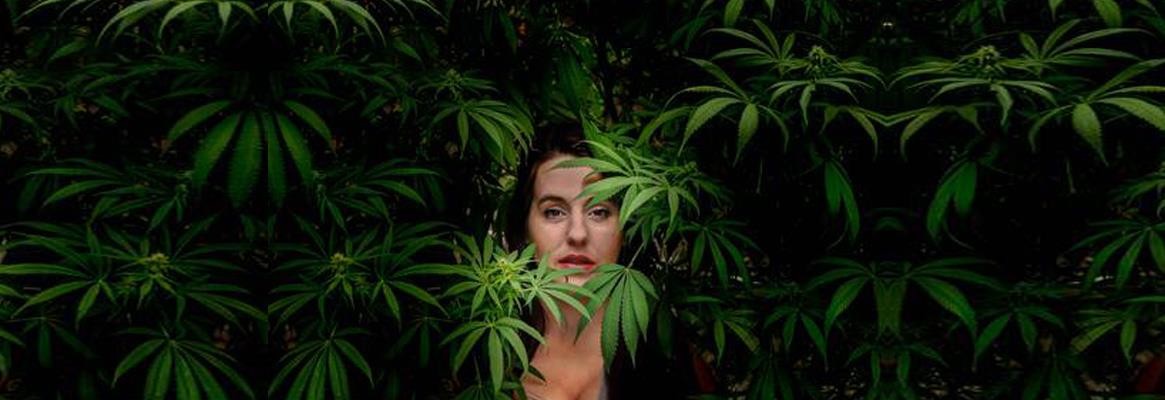New Hemp has been committed to searching and producing fashionable, high-quality, and sustainable eco-friendly textile fabrics from its founding date. They choose all kinds of natural fibres such as hemp and also use sustainable fibre kinds like Sorona.
They use less energy and pollution-free equipment and methods during all the phases of the production process. New Hemp only uses the dye-offs and chemicals which can be accepted by the EU market. They also explore to use all kinds of natural plant dyes, carefully monitor and control waste-water to minimise the impact on the environment.
New Hemp ensures that all of its products are completed in workshops with good working conditions and fully follow social responsibility. Their company is located in the Yangtze River Delta Area (Zhejiang, Shanghai, and Jiangsu), which has the most advanced Chinese textile technology and complete industrial chain. With this situation, they have their own fabric production line and can also consolidate the whole fabric manufacturing process from fibre and yarn spinning, weaving/knitting, to dyeing & finishing.
New Hemp: A Sorona Fabric Supplier
Ever since the early 1900s, DuPont has been revolutionising the world of fibre and polymers. From the first plastic-coated fabrics developed in the 1910s to ground-breaking fibres like the versatile nylon, neoprene rubber fabric, bullet-resistant Kevlar, and even Tyvek, DuPont has spent over a century creating textile products that transform the way we live and work. And as a product that’s at the forefront of the shift from oil-based materials to bio-based ones, Sorona fits perfectly into a legacy of meaningful, performance-based innovation, one that we have to continue to sustain our world.
Certifications
Sorona Fabric Certificates
New Hemp is promoting the Sorona blended fabric, produced by Dupont, which is a biological and sustainable stretch fibre, with more than 37 per cent plant-based ingredients.
New Hemp had produced many new fabric items that are made with T/R/Sorona blends, Linen/Cotton/Sorona blends, and also Hemp/Organic Cotton/Sorona blends in both woven and knit. They are with excellent performance of stretch and recovery, softness, and durability. Additionally, Sorona fabrics have better performance when it comes to shrinkage.
GOTS Certification For Yarn
New Hemp is GOTS certified (Global Organic Textile Standard) which is a standard for organic fibres production based on ecological, social, and technical quality and human toxicity criteria combined with independent certification of the entire textile supply chain including fabrics sourcing. The standard covers the processing, manufacturing, packaging, labelling, trading, and distribution of all textiles made from at least 70 per cent certified organic natural fibres.
Oeko-Tex
Another certification obtained by New Hemp is the STeP by Oeko-Tex. Having such a label ensures that the fabric has been tested for harmful substances and that the article, therefore, is harmless in human ecological terms. The test is conducted by independent Oeko-Tex partner institutes based on a list of set criteria. These are updated at least once a year going beyond national and international requirements.
SCS for Hemp/ Recycled Polyester yarn
Recycled content certification demonstrates New Hemp’s commitment to conserving natural resources, ability to meet customer specifications, the possibility of products to qualify for LEED and environmentally preferable purchasing (EPP) programmes, and support of the company’s sustainability goals.
OCS certification for Yarn
The Organic Content Standard applies to any non-food product containing 5-100 per cent organic material. It verifies the presence and amount of organic material in a final product and tracks the flow of raw material from its source to the final product. This process is then certified by an accredited third party. The OCS relies on third-party verification to confirm whether a final product contains the accurate amount of a given organically grown material. OCS allows for transparent, consistent, and comprehensive independent evaluation and verification of organic material content claims on products. Control Union is a leading certification body, having certified the majority of all certified facilities. This includes at the moment OCS certified companies in ginning, spinning, weaving/knitting, dyeing & printing, and stitching in more than 50 countries.
Raw Materials
Organic Cotton
Organic cotton is grown using methods and materials that have a low impact on the environment. Organic production systems replenish and maintain soil fertility, reduce the use of toxic and persistent pesticides and fertilisers, and build biologically diverse agriculture. Third-party certification organisations verify that organic producers use only methods and materials allowed in organic production. Organic cotton is grown without the use of toxic and persistent pesticides and synthetic fertilisers. In addition, federal regulations prohibit the use of genetically engineered seeds for organic farming. All cotton sold as organic in the United States must meet strict federal regulations covering how the cotton is grown.
Tencel
Tencel is a cellulose fibre, which is made by dissolving wood pulp and using a special drying process called spinning. Before it is dried, wood chips are mixed with a solvent to produce a wet mixture. The mixture is then pushed through small holes to form threads, which is then chemically treated, and the lengths of the fibre are spun into yarn and woven into cloth. Tencel has incredible absorption characteristics and is 50 per cent more absorbent than cotton. Because they’re more breathable and less susceptible to odorous bacteria growth, these fabrics are perfect for a sweaty gym or Bikram yoga session, making them ideal for activewear.
Recycled Polyester
Like traditional polyester, recycled polyester is a man-made fabric produced from synthetic fibres. However, instead of utilising new materials to craft the fabric (ie petroleum), recycled polyester makes use of existing plastic. In many cases, those existing plastics are your old water bottles, which are then processed and magically transformed into items you use on a daily basis. Recycled polyester is made by breaking down used plastic into small, thin chips, which are processed and eventually turned into yarn.
Production Process
Yarn Spinning
New Hemp has a strategic yarn partner who can provide the regular running hemp and hemp blends yarn kinds. It has the most advanced spinning machines in the world.
Weaving
The company has its own knitting factory and tightly cooperates with weaving factories.
Dyeing Factory (Woven)
New Hemp works with a strategically cooperating dyeing factory – SanFangXiang, they have rigorous internal chemical control.
Dyeing Factory (Knits)
The company works with a strategic cooperating dyeing factory – Yongli, they also have rigorous internal chemical control.
Fabric Inspection
New Hemp cooperates with Codetex Company, an Italian company branch in Shaoxing specialised in fabric inspection, who can provide professional inspection reports for all kinds of fabrics.
Exhibition
New Hemp worked with fabric designers in Europe to develop new fabric items, and also maintain a good cooperative relationship with all kinds of well-known fibre, yarn, natural dyes, and functional assistant manufacturers to ensure that their new fabrics every season are in line with the latest popular trends and reflect the newest textile technology. Every year you can see new Hemp’s latest fabric items in Shanghai, Paris, New York, Munich, and Tokyo textile Exhibitions.
This article has not been edited by Fibre2Fashion staff and is re-published with permission from synzenbe.com















Comments